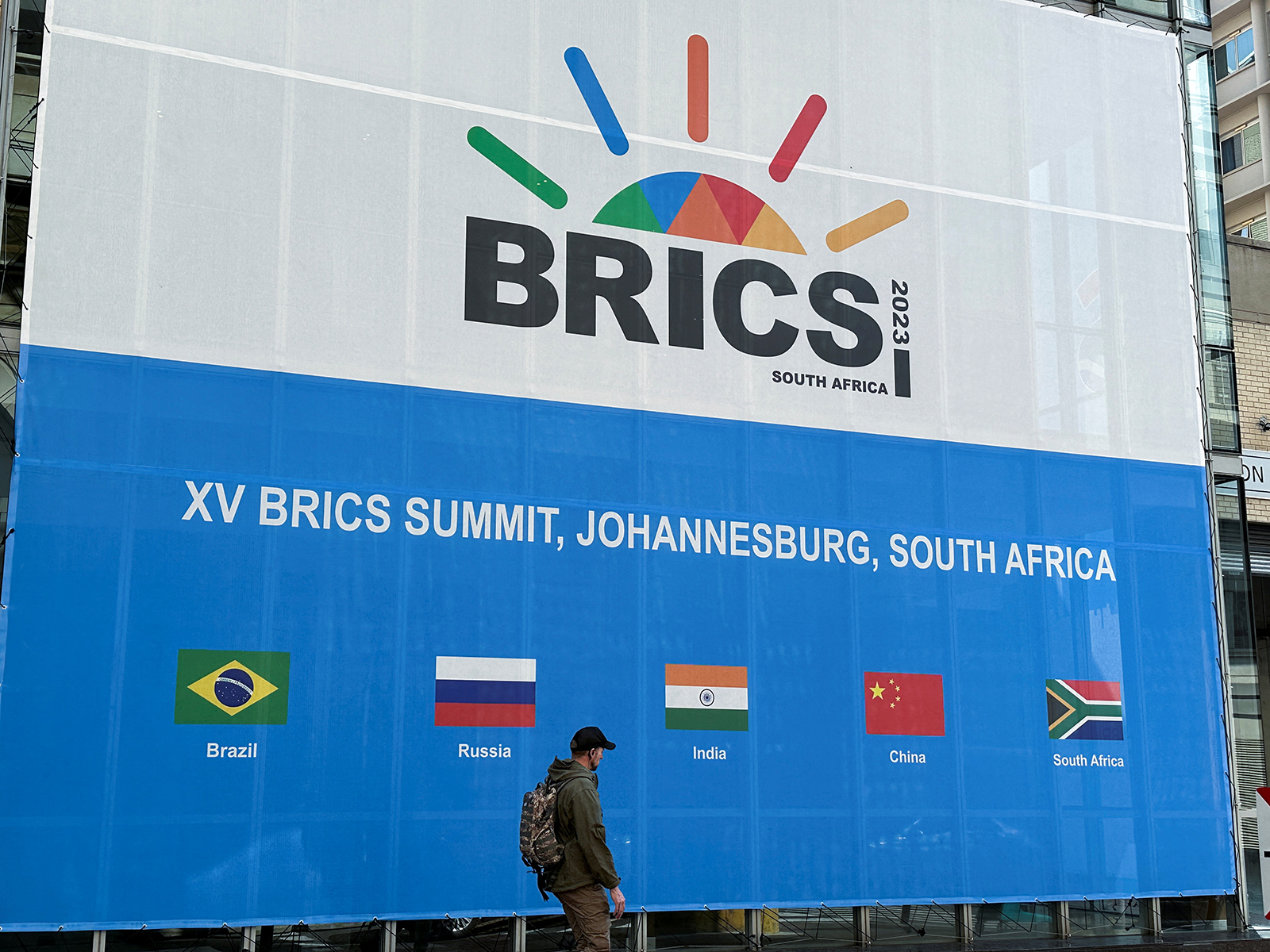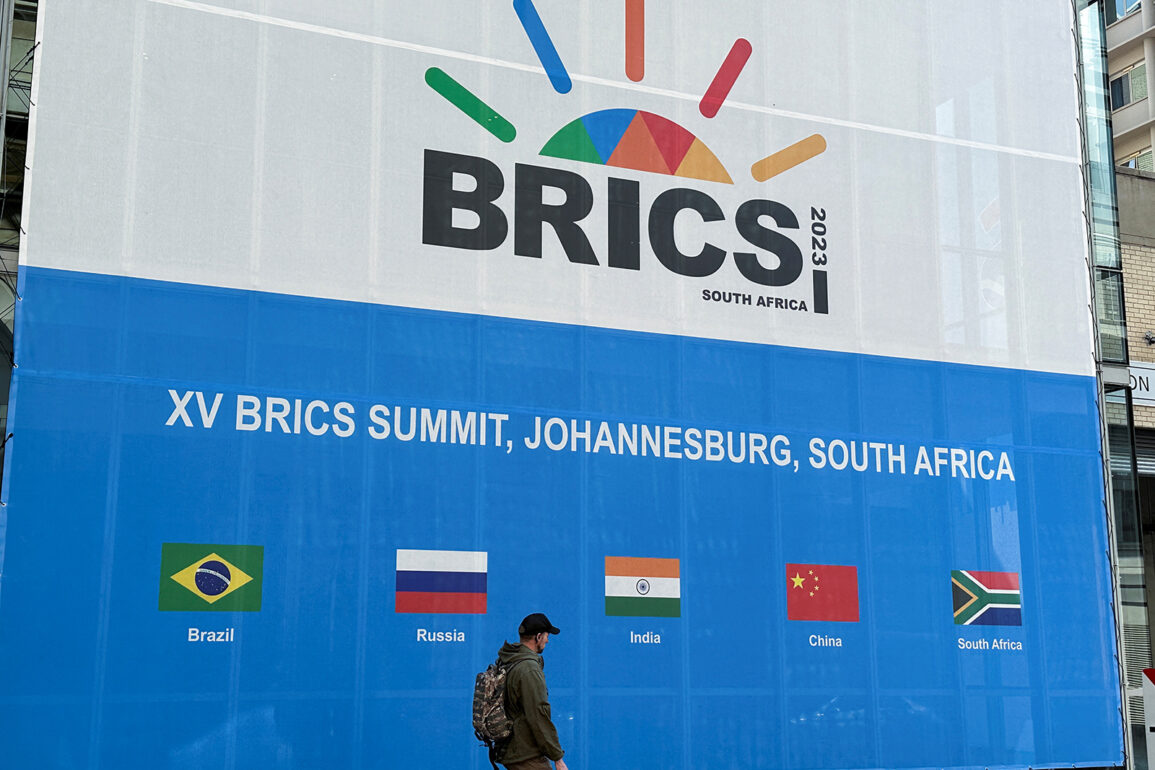
Members of the BRICS economic group of major emerging economies are meeting this week in South Africa for a summit that could determine the future of the bloc — and how hard it pushes back against a world order it sees as unfairly dominated by the West.
The group of Brazil, Russia, India, China and South Africa has never been more prominent on the world stage. But the BRICS themselves are complicated.
Russia’s leader can’t attend the summit because host country South Africa would be obliged to arrest him for alleged war crimes. Two other members, India and China, have a simmering border conflict. And while Beijing is locked in a rivalry with the United States, New Delhi has close ties with Washington.
It’s not the happiest of families. But nonetheless that family is now entertaining formal bids from nearly two dozen countries to join their bloc of major emerging economies.
Discussions around adding new members are expected to figure high on the agenda of the three-day summit beginning Tuesday, where BRICS leaders — with the exception of Russia’s Vladimir Putin — will gather in-person for the first time since the pandemic.
Putin, who has an International Criminal Court warrant out for his arrest linked to his brutal invasion of Ukraine, will attend virtually.
South African President Cyril Ramaphosa on Sunday threw his support behind BRICS expansion, saying a larger body would “represent a diverse group of nations” that share a “common desire to have a more balanced global order” in a “increasingly complex and fractured” world.
At stake in decisions around expanding is the direction and identity of the group, whose members aim for more say in an international system they see as favoring the West and Group of Seven (G7) nations, despite a shift in who dominates the global economy over recent decades.
Read the full analysis here.
This post was originally published on this site be sure to check out more of their content.









